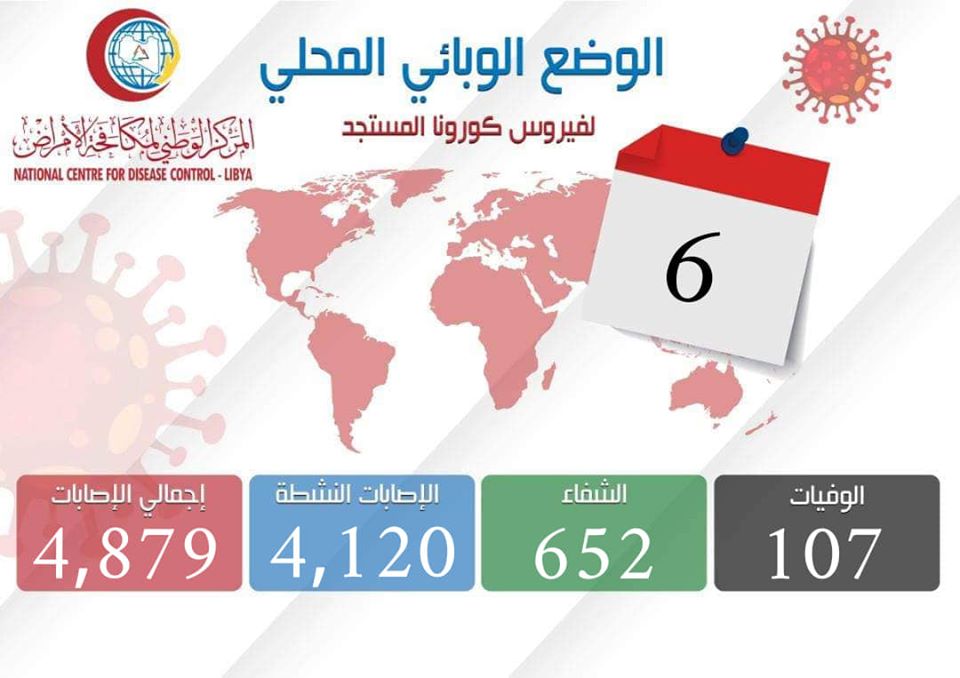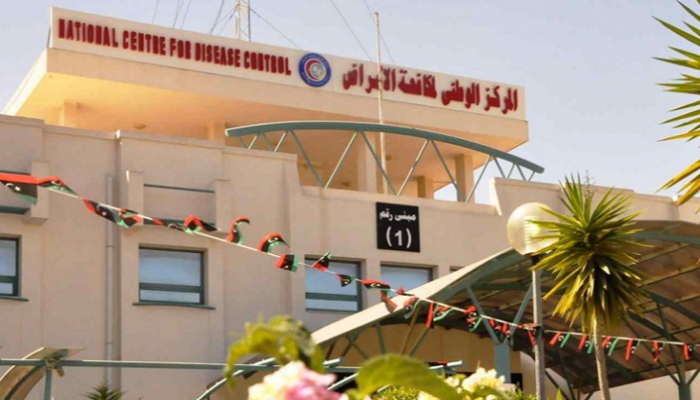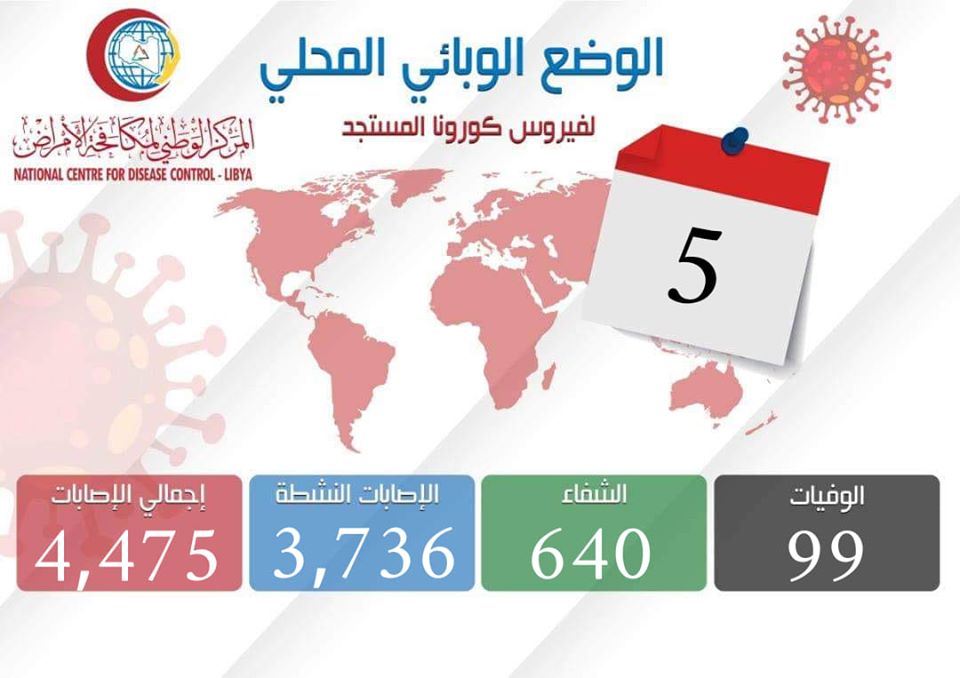The Libyan Presidential Council (PC) issued on Thursday a new decree in order to force local people to comply with Covid-19 preventive measures in a new attempt to curb the spread of the disease in the country.
The Presidential Council extended the general country-wide curfew for 10 days effective from Friday, August 07.
In a statement, the PC said that the curfew is from 9 p.m. until 6 a.m. amid Coronavirus fears, adding that it imposed a 24–hour curfew applying to all citizens every Friday and Saturday.
Educational institutions, cafes, restaurants, events halls, clubs, entertainment centres and commercial outlets will remain closed as well.
It also bans funerals, weddings and mass transport but makes exceptions for food companies and outlets, bakeries, petrol stations – during non-curfew hours.
However, It excludes all necessary activities such as state, security and health institutions, pharmacies, environmental activities, electricity, energy, communications and transport.
State institutions that are needed for life to continue must operate with minimum staffing and prevent large gatherings of staff.
It also imposed penalties for not wearing a face mask in public places.
Shopkeepers will have to pay a 500-dinar fine if they allow people with no face masks to enter their shops.
The fine would be doubled if they committed a second violation while their shops would be closed for a month if they committed a third violation.
Shops that stay open after the curfew time (9 pm – 6 am) will be fined 1000 dinars, according to the order.
Taxi drivers will also have to comply with the Covid-19 preventive measures.
The drivers who pick up people with no face masks will be fined 250 dinars.
People who drive during the curfew time will pay a 500-dinar fine.








